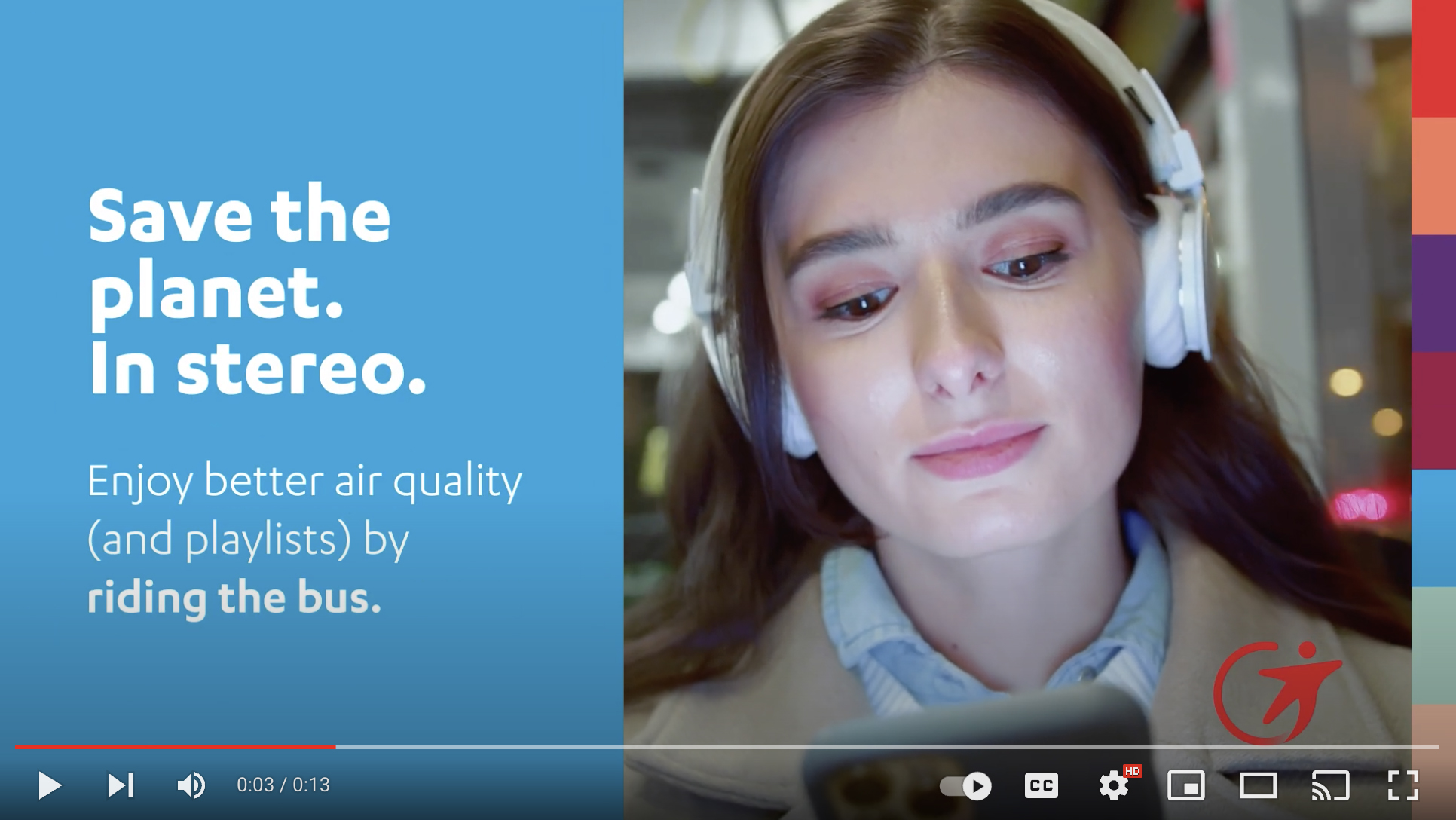From electric, hybrid vehicles or alternative fuel fleets to multi-modal travel solutions and innovative digital applications, we are committed to developing environmentally friendly mobility solutions that serve the common good.
Transdev is constantly innovating and adapting to the world the around us. We strive to ensure transportation is efficient, sustainable, and replicable. In 2020, Transdev pledged a firm commitment to doubling the size of our alternative fleet and reducing carbon dioxide emissions by 30% by 2030 (over 2017), in line with the Paris Agreement objectives.
Since our first official commitment to the ecological transition in 2017, we have already achieved a 7% decrease in our carbon footprint. Our Moving Green strategy sets a road map toward more sustainable mobility from a social, economic, and environmental perspective and confirms Transdev’s commitment to a more sustainable future. Climate change and its impact on air quality represent a major threat to the environment and public health and public transportation is a part of the solution.
Corporate Social Responsibility
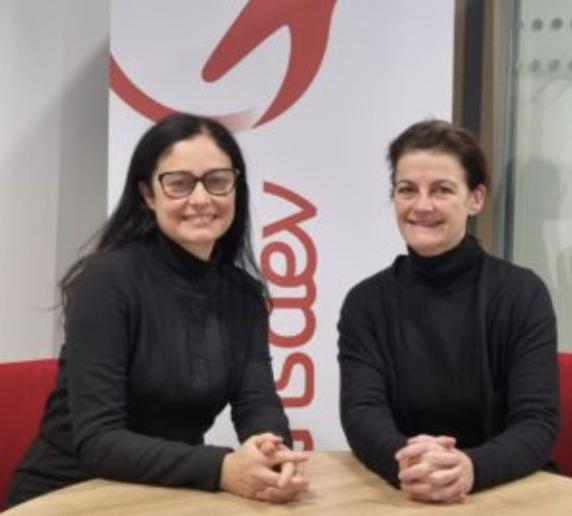
More than ever, the Transdev Group links its sustainable growth to its social and environmental impact in local areas, and to its ability to be an attractive and inclusive company.
Public transport is a lever in the fight against global warming. Putting Corporate Social Responsibility (CSR) at the heart of our activities and our strategy is our responsibility and an opportunity to improve our performance, retain and attract talent. Undertaking a global CSR approach means transforming and innovating individually and collectively by including our clients, global and local partners and suppliers. CSR is a driver of performance, transformation, commitment and growth.
Caroline Gonin, Group Chief Human Resources & CSR Officer
& Béatrice Jung, Group CSR Director
Global Objectives
United Nations Sustainable Development Goals (SDGs)
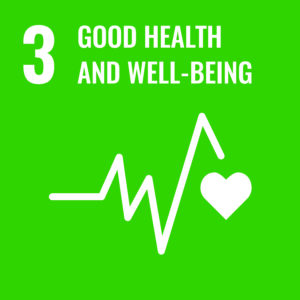
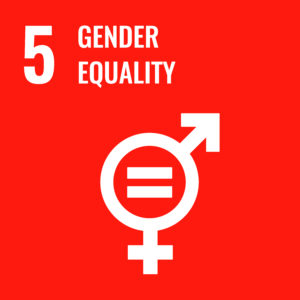
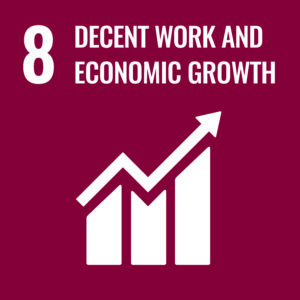
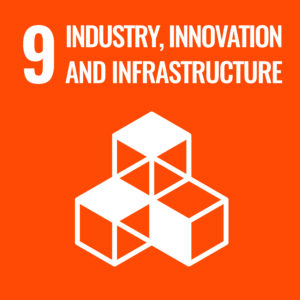
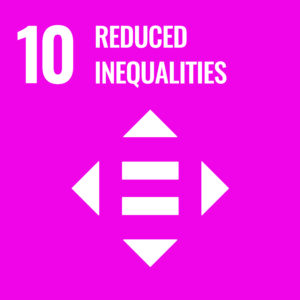
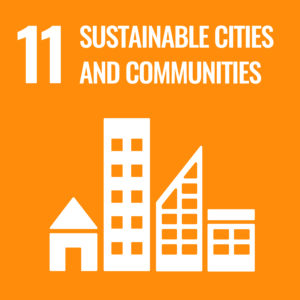
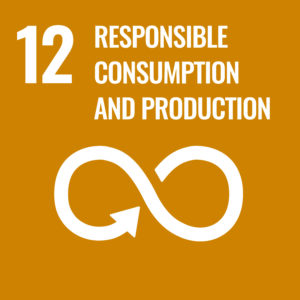
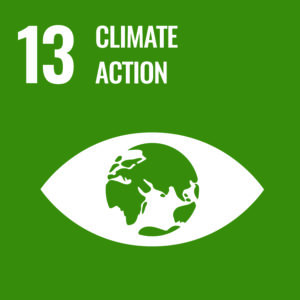
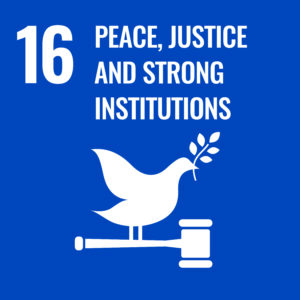

Our strategic CSR commitments
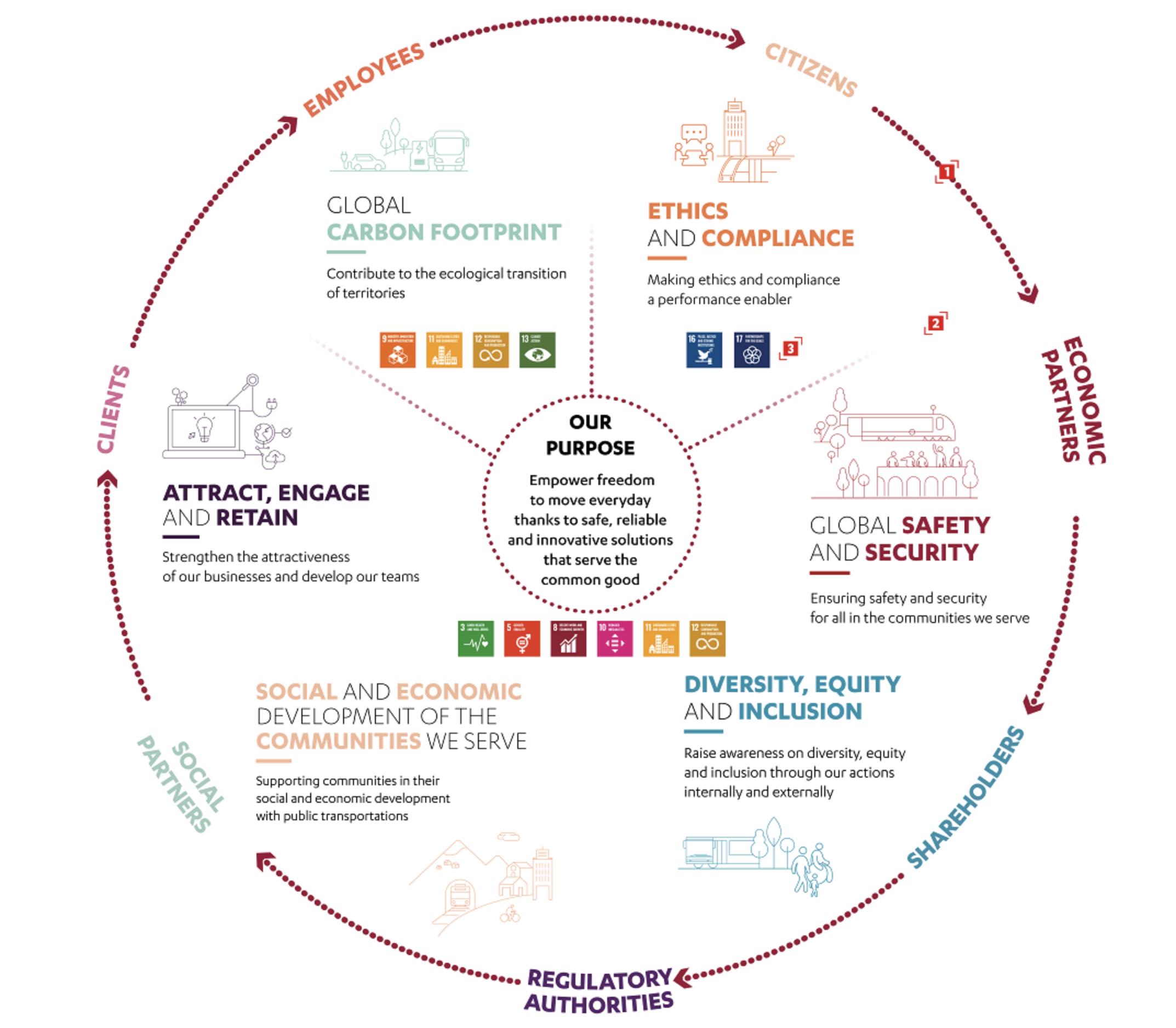
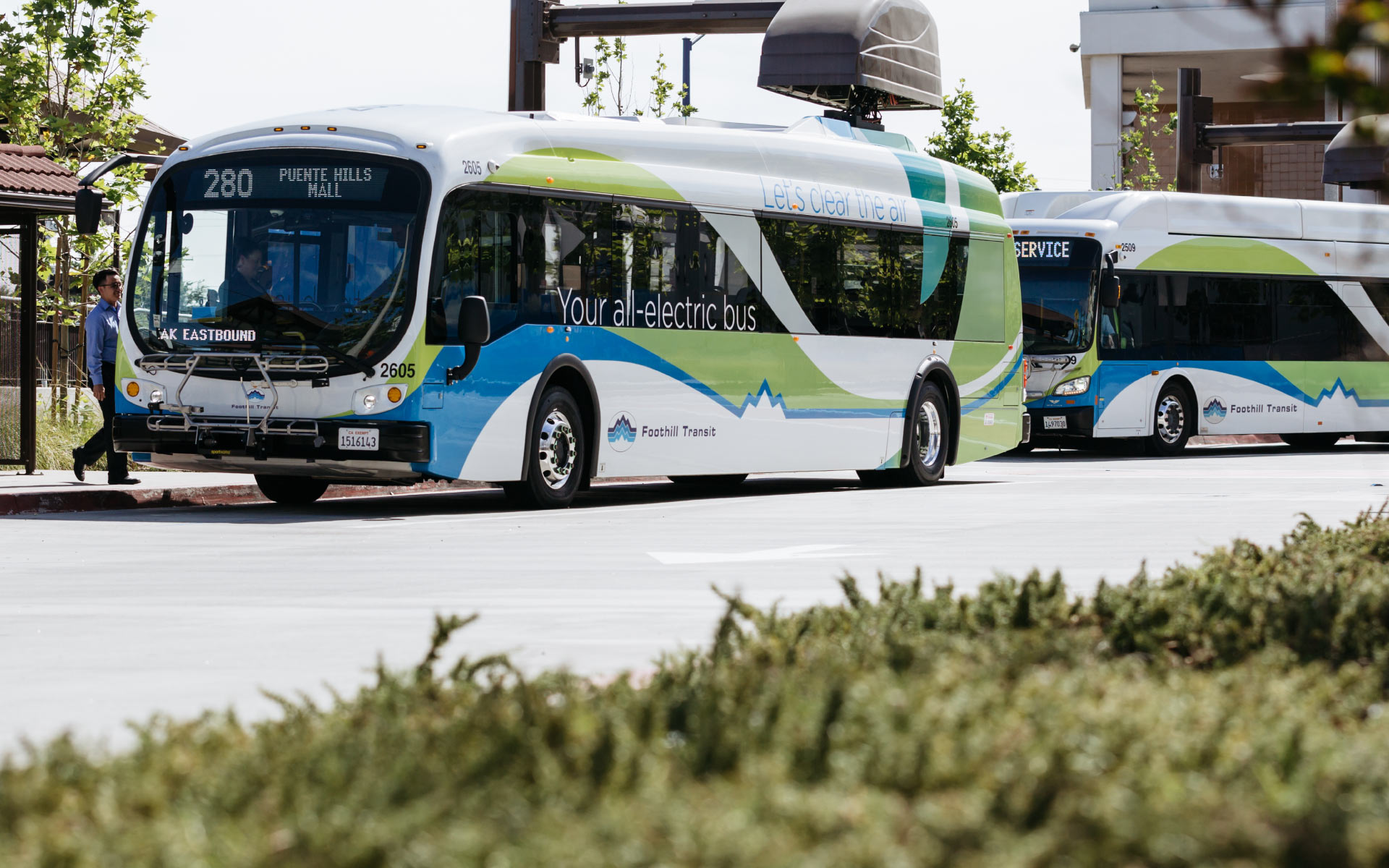
Supporting clients on
their zero-emission journeys
We have learned a lot from our years working with various transit authorities around the world… and bring that expertise with us in everything we do.
Converting a fleet to zero emission involves transformation of the culture and organization of our ecosystem.
There is no single solution, so we create customized offerings suited to each local operating environment for system design, garage or location sizes, guidance in choosing a type of energy and the required charging infrastructure.
We support the transformation of operations and maintenance jobs.
Twice a year, we conduct a global “Living Labs” workshop for our clients to share best practices and gain new insights on the shift to cleaner forms of energy in transit systems.
Transdev’s Global Zero Emission Fleet Team
This ZE team of international experts provide support and guidance to our Transdev locations implementing electric and hydrogen fuel cell vehicles around the world.

Transdev has electrifying expertise!
We have the knowledge and experience to assist our clients with maintaining electric vehicles, including determining the right type of vehicles for the area, the best method of power (battery, inductive charging, or conductive opportunity charging), and strategic charging locations based on hours and miles of service, battery capacity, and route conditions.
We have a network of national and international experts who can assist our clients as needed. Due to the size of our company’s maintenance function, we have also developed a large vendor base that can provide savings in parts procurement and reduces downed vehicle times.
Using electric buses impacts layovers, operator runcuts, and schedules. The vehicles are sensitive to road conditions, weather, and driving behaviors. Transdev has developed software to optimize electric vehicle use and minimize service disruption. This tool is particularly useful as vehicles age, and the battery capacity reduces over time.
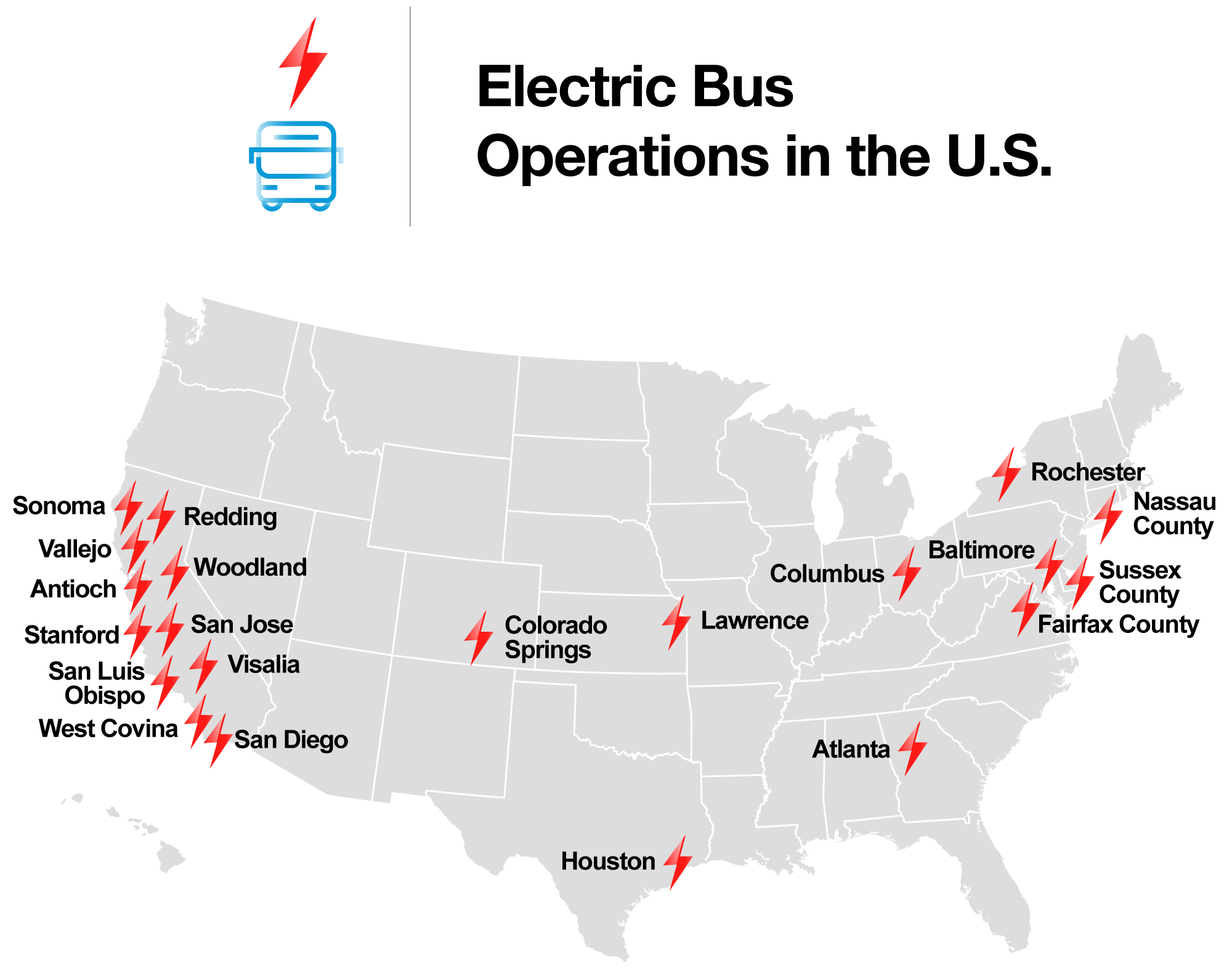
During the Paris COP21 in December 2015, nearly 200 countries signed a universal agreement to cut Greenhouse gases (GHG) and avoid the most dangerous effects of climate change. They committed themselves to keep the average global temperature rise below 2°C, which means a 70% GHG emissions reduction between 2010 and 2050*. In this climate-resilient global context, the International Association of Public Transport (UITP) supports climate change actions through its Declaration on Climate Leadership that demonstrates the sector support to double the market share of public transit by 2025.
Transdev’s campaign to drive ridership and help cool the planet!
We wanted to help think about riding public transportation as a way to do our part in fighting climate change. That’s why we came up with our campaign to help “Co2L the planet,” a clever take on collectively helping to lighten our Co2 impact. Who knew that fighting climate change could be so convenient?


